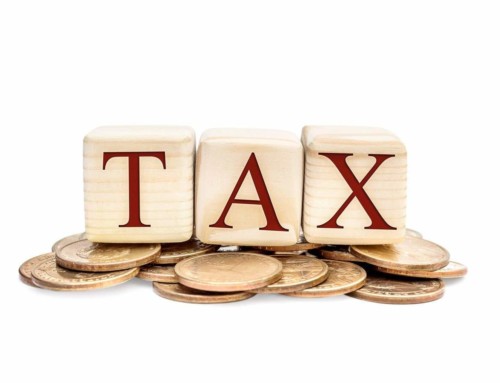Do you know what the tax implications are on the various pre-retirement products and how to utilize this to your advantage. This discussion assumes that the underlying investment strategy is made up of a basket of unit-trusts applicable to all products, where the focus here is the difference between products from a Financial Planning point of view.

Here are some of the most commonly used products:
Investment Plan
An Investment Plan is an investment vehicle (product) used with discretionary money (money which is invested after-tax and is accessible). It is flexible as you can add or withdraw money as and when you wish.
The tax applicable with this product can be broken down into 3 categories: Interest, Capital Gains Tax and Dividends Withholding Tax
Let us look at them separately:
- Interest
Interest will accrue to you from investing in the various unit trusts available. This is usually as a result of bonds or money market instruments. The first R 23,800 you receive in interest is exempt from tax, should you be younger than 65 years. Should you be older than 65 years the first R 34,500 you receive in interest is exempt from tax.
Interest received above the exemption is included in your taxable income which will be taxed at your marginal tax rate. Any interest received will automatically be reinvested into your investment plan to ensure that you maximize your capital growth.
- Capital Gains Tax
Capital gains tax is triggered on the disposal of an asset. The units within an Investment Plan are deemed assets for tax purposes. Any changes to the portfolio where you dispose of units may potentially attract Capital Gains Tax. This may be through withdrawals, switches or rebalances.
As per current legislation, Natural persons qualify for an annual exemption of R 40,000 during a tax year on the capital gains incurred during the disposal of assets. Now, what if you have already used your annual exemption or what if the capital gain exceeds your annual exemption – what happens then?
Well, the answer is that 40% of the capital gain over and above the R 40,000 exemption will form part of your taxable income and will be taxed at your marginal tax rate. Should units be sold at a capital loss; the loss can be utilized to offset future capital gains. This is known as tax-loss harvesting.
- Dividends Withholding Tax
20% tax is imposed on dividends declared. The tax is withheld by companies paying the dividends. Therefore, the dividends payable to you is considered after-tax money.
Retirement Annuities, Pension and Provident Funds
If your employer does not offer Pension or Provident benefits, it is highly advisable that you start a recurring debit order into a Retirement Annuity. Why you ask? Because there is no tax payable within this product which means the investment accrual is tax-free.
The contributions you make towards your Retirement Annuity will qualify for a tax deduction. This can be utilized to offset your taxable income during a tax year. The result is that your taxable income and tax payable will essentially decrease. Click here to view the previous Blog on this.
You may deduct up to 27.5% of the greater of your remuneration or taxable income in respect of total contributions made to your retirement funds, subject to an annual limit of R 350,000. This is seen as a tax-efficient way to save towards retirement.
Another benefit of a Retirement Annuity is the Estate Duty Benefits it holds.
Pension/Provident Preservations Funds
The word “Preservation” says it all! It is when you leave your employer and wish to preserve the capital accumulated for capital growth towards your retirement savings.
There is no tax payable within these products which means the investment accrual is tax-free. Should you wish to move this money [i.e. one provider to another], no tax is payable for the transfer of benefit. You will, however be taxed according to the lump sum withdrawal tax table should you make a withdrawal. Currently the first R25, 000 is tax-free, assuming that you made no previous withdrawals.
Endowment
This product is suitable for people whose marginal tax bracket is 30% and higher. Why you ask? Because in terms of legislation, the administrative platform is required to pay all the income tax within your policy at a fixed marginal tax rate of 30% directly to SARS.
Income tax with an Endowment is defined as interest/rental income, dividends withholding tax and capital gains tax.
Tax-Free Savings Account
This product was created for the sole purpose of encouraging South Africans to start saving in a tax-efficient vehicle which could be utilized for retirement planning. This product holds many benefits among which, is the tax component. No income tax is payable –yes that is correct! – thus any capital gain, dividends or interest earned, is completely exempt from tax!
Remember, each person has different financial goals and objectives, with different tax positions, thus each person’s Financial Planning is different.
In need of Financial Advice? Get in touch!






